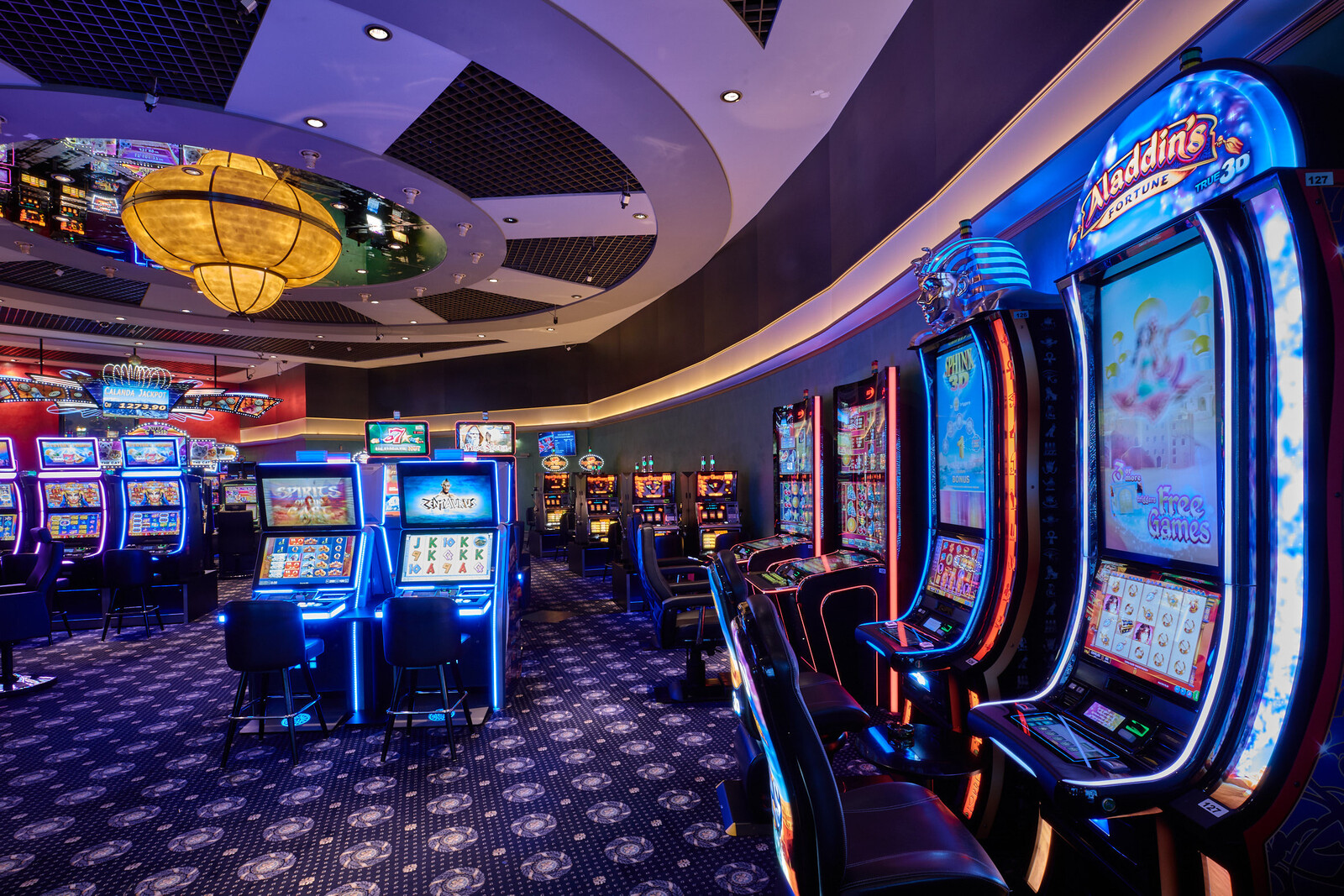How Casino Games Reflect the Human Journey

Casino entertainment have long been a staple in human culture, offering not just entertainment but a intriguing reflection of our hopes, wishes, and anxieties. From the rotating wheels of a slot machine to the tactical play of poker, these games encapsulate a range of human sentiments and events. At their core, casino games are more than a chance to earn cash; they are a microcosm of life itself, where risk and reward intertwine and fate can change in an moment.
As players assemble around tables or sit in front of glowing machines, they engage in a ritual that transcends mere playing. These games mirror our instinctive desires for relationships, thrill, and the quest for chance. They also disclose deeper truths about human behavior, such as our relationship with chance and the excitement of risk. In exploring casino games, we uncover not only the mechanics of play but also the intricate pattern of the human experience, showcasing our woven narratives of goal and reality.
The Psychology of Gambling
Wagering is deeply rooted in the psyche of individuals, appealing to various feelings and desires. The excitement of taking risks is a core aspect that attracts participants, whether the thrill of spinning a roulette wheel or the excitement of drawing a winning card in a poker game. This rush of adrenaline is frequently likened to other forms of excitement, as the uncertainty of outcomes triggers a unique psychological response. Players often become entranced by the possibility of striking it rich, leading to an irresistible draw toward gambling games.
Additionally, a crucial component of the psychology behind gambling is the concept of optimism and ambition. Players often indulge in dreams of financial freedom and the opulent lifestyle that can accompany winning. This hope fuels their ongoing participation in casino games, as it provides a sense of meaning and the belief that a life-changing win could be just one wager away. The story of overcoming odds and finding success resonates with many, strengthening their dedication to play and involve themselves with these games.
Lastly, social dynamics play a significant role in gambling psychology. Casino environments are designed to promote social interaction, where gamblers gather to share the experience of wins and losses. This shared aspect not only enhances enjoyment but also influences behavior, as individuals often imitate the actions of others around them. The social validation found in mutual thrill can enhance the emotional experience, making casino games a reflection of not just personal desires but also collective engagement within the gambling community.
## The Dual Nature of Risk and Reward
Gambling games embody the subtle balance between danger and gain that resonates profoundly with the human experience. The excitement of placing a wager is often accompanied by a rush of adrenaline, as gamblers are confronted with the prospect of striking it rich, yet fully aware of the possibility to suffer losses. This twofold experience reflects a essential aspect of life: the paths we choose often come with intrinsic risks, and the pursuit of reward can push us to make risky moves we might not typically consider. In this way, gambling activities echo real-world choices, enticing gamblers to gamble not just their money, but also their hopes.
The allure of grand jackpots and payouts fuels a sense of optimism, motivating gamblers to dream of a more promising future that could manifest from a fortunate turn of the roulette or turn of a card. This hope can compel individuals to engage in riskier behaviors, urging them to push their boundaries in search of financial gain. However, just as in life, the results of these risks can lead to both victory and failure. https://8kbet8.app/ The narratives of both big winners and those who have suffered everything at the tables demonstrate the chaotic nature of luck and its impactful impact on our existence.
Ultimately, the experience of engaging with casino games serves as a vivid illustration of the human condition. Every round played is loaded with the tension of ambiguity, as players weigh the rewards against the risks. This balance not only highlights the excitement that comes with gambling but also exposes the vulnerabilities that come with the longing for more. As we journey through the complexities of decision-making and results in both the gambling world and in life, we find that the pursuit of risk and reward shapes our sense of self and lives in profound ways.
Community and Solitude in Gambling Environment
Casino culture is a unique mix of social engagement and individual pursuit, reflecting the dualities of human experience. Gamblers often gather around tables, sharing in the excitement of the game, celebrating wins, and sympathizing over losses. This social aspect is vital, as it fosters a sense of community and bonding among diverse groups of individuals. Regular attendees to casinos may form friendships and develop routines, turning the gambling venue into a alternative home where they experience linked to a larger community of gamblers.
However, the appeal of casino activities can also lead to loneliness. As individuals become immersed in the excitement of playing, they may isolate from personal relationships or fail to engage with the world outside the casino. For some, the pursuit of a windfall can overshadow real connections, leading to isolation. The experience of being surrounded people yet feeling solitary is not uncommon, as the attention shifts from shared enjoyment to the private stakes of each individual's path.
This interaction of society and solitude creates a vivid mosaic that defines gaming atmosphere. It highlights the intricacy of social interactions, where happiness and sorrow coexist. Gambling venues serve as both a refuge for social engagement and a stage for individual challenges, illustrating how deeply entwined our yearning for connection and the personal quest for fortune can be. In navigating this landscape, gamblers confront their own stories—seeking both the thrill of the game and the companionship of fellow gamblers, eventually reflecting the broader spectrum of human experience.
